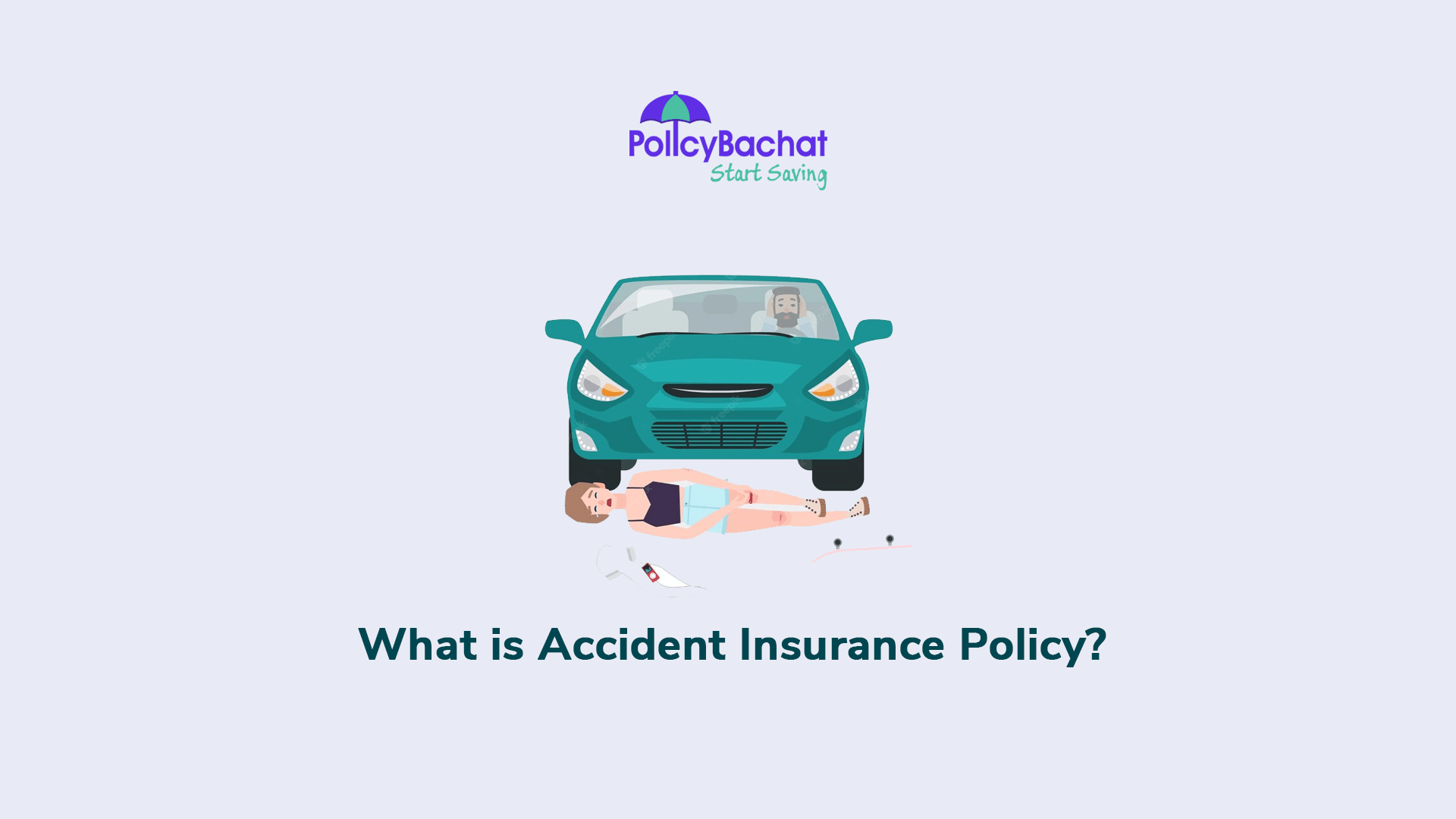State Laws and Regulations

Will insurance cover an accident if registration is expired – Driving with an expired registration is illegal in all states and carries various penalties. These laws are designed to ensure vehicle safety and help authorities track vehicle ownership. This section delves into the legal requirements for vehicle registration in different states, the consequences of driving with an expired registration, and specific state laws addressing insurance coverage for accidents involving unregistered vehicles.
Legal Requirements for Vehicle Registration
Each state has specific regulations regarding vehicle registration, including renewal deadlines, fees, and documentation required. The process typically involves submitting an application, providing proof of insurance, and paying the required fees.
- Renewal Deadlines:Most states have set deadlines for renewing vehicle registrations. Failing to renew by the deadline results in an expired registration. These deadlines can vary depending on the state and the type of vehicle.
- Fees:Registration fees vary based on factors such as vehicle type, age, and location. States may also impose additional fees for late renewals.
- Required Documentation:Generally, drivers need to provide proof of insurance, vehicle title, and a valid driver’s license to register their vehicles. Specific requirements may vary depending on the state.
Consequences of Driving with an Expired Registration
Driving with an expired registration is a serious offense. Consequences can include:
- Fines:States typically impose fines for driving with an expired registration. The amount of the fine can vary based on the state and the duration of the expired registration.
- Vehicle Impoundment:In some cases, law enforcement officers may impound vehicles with expired registrations. Drivers may need to pay towing and storage fees to reclaim their vehicles.
- Insurance Coverage Issues:Insurance companies may deny coverage for accidents involving vehicles with expired registrations. This can result in significant financial burdens for drivers.
- License Suspension:Repeated violations of driving with an expired registration can lead to license suspension in some states.
State Laws on Insurance Coverage for Unregistered Vehicles, Will insurance cover an accident if registration is expired
State laws vary regarding insurance coverage for accidents involving unregistered vehicles. While some states may require insurance coverage regardless of registration status, others may deny coverage or limit the amount of coverage provided.
For instance, in California, insurance companies are generally required to provide coverage for accidents involving unregistered vehicles, but coverage may be limited. However, in Texas, insurance companies may deny coverage for accidents involving unregistered vehicles, and drivers may be held personally liable for damages.
It’s essential to consult your state’s Department of Motor Vehicles (DMV) website or an insurance professional to understand the specific laws and regulations in your jurisdiction.
Insurance Policy Terms: Will Insurance Cover An Accident If Registration Is Expired
The specific clauses in an insurance policy that address accidents involving unregistered vehicles are crucial to understanding whether coverage will be provided. Insurance companies often interpret these clauses strictly, meaning that expired registration can significantly impact coverage.
Coverage Denial or Limitation Due to Expired Registration
The impact of expired registration on insurance coverage is typically determined by several factors, including the specific policy terms and the circumstances of the accident. Here are some common scenarios where insurance coverage might be denied or limited:
- Violation of Policy Terms:Many insurance policies explicitly state that coverage is contingent upon the insured vehicle being properly registered and licensed. If the vehicle is unregistered, the policyholder may be in breach of the policy terms, potentially voiding coverage.
- Increased Risk:Unregistered vehicles often lack mandatory safety inspections, increasing the risk of accidents. Insurance companies may argue that the absence of registration indicates a higher risk, leading to a denial of coverage or a reduction in the payout.
- Fraudulent Claims:If an accident occurs while the vehicle is unregistered, insurance companies may suspect fraudulent claims. They might argue that the lack of registration is an attempt to conceal information about the vehicle’s condition or the driver’s history.
It’s essential to remember that each insurance policy is unique. Policyholders should carefully review their policy documents to understand the specific terms and conditions related to vehicle registration and its impact on coverage.
Impact on Coverage

Driving with expired registration can significantly impact your insurance coverage in the event of an accident. Insurance companies may deny or reduce your claim, citing the violation of policy terms and potential negligence. This section explores the potential consequences and scenarios where coverage might be affected.
Potential Consequences of Expired Registration
The impact of driving with expired registration on insurance coverage can vary depending on the specific circumstances and the terms of your insurance policy. Here are some potential consequences:
- Claim Denial:Insurance companies may deny your claim entirely if they determine that driving with expired registration contributed to the accident. They might argue that your actions violated policy terms and created an unsafe driving environment.
- Reduced Coverage:Even if your claim isn’t completely denied, insurance companies may reduce the amount they pay out. They might argue that your negligence in maintaining valid registration increased the risk of an accident, and therefore, they should not be held fully responsible for the damages.
- Increased Premiums:After an accident involving expired registration, your insurance premiums may increase. Insurance companies view this as a risky behavior and may adjust your risk profile accordingly, leading to higher rates.
- Legal Penalties:In addition to insurance implications, driving with expired registration is a traffic violation that can result in fines, points on your license, and even suspension of your driving privileges.
Case Studies and Examples

Examining real-world situations where expired vehicle registration impacted insurance claims provides a clearer understanding of how this issue can play out. Understanding the nuances of these cases is crucial for both drivers and insurance companies.
Impact of Expired Registration on Insurance Claims
This section will explore real-world examples and hypothetical scenarios to illustrate the potential impact of expired registration on various insurance claims.
- Real-World Example: Property Damage: In a case involving a collision between a vehicle with expired registration and another car, the insurance company denied the claim for the driver with expired registration. The court ruled that the driver’s negligence in maintaining valid registration contributed to the accident, and therefore, the insurance company was not obligated to cover the damages.
- Hypothetical Scenario: Bodily Injury: Imagine a scenario where a driver with expired registration is involved in an accident causing injuries to another driver. The insurance company might argue that the expired registration constitutes a violation of the law, making the driver negligent. While the insurance company may still be obligated to cover the injuries, they could potentially pursue legal action against the driver to recover the costs.
Factors Influencing Claim Outcomes
The outcome of an insurance claim involving expired registration is influenced by various factors. This section examines these factors and their impact on claims.
- Policy Terms: Different insurance policies have varying clauses regarding expired registration. Some policies explicitly exclude coverage for accidents involving vehicles with expired registration, while others might only consider it a factor contributing to negligence.
- State Laws: State laws play a crucial role in determining the legal consequences of driving with expired registration. Some states consider it a minor offense, while others treat it as a more serious violation.
- Level of Negligence: The extent to which expired registration contributed to the accident is a critical factor. If the expired registration was a direct cause of the accident, it is more likely to be considered a significant factor in denying coverage.
Impact on Different Types of Insurance Claims
The impact of expired registration can vary depending on the type of insurance claim. This section examines the potential impact on different types of claims.
| Type of Claim | Impact of Expired Registration |
|---|---|
| Property Damage | Insurance companies may deny coverage or reduce the payout, arguing that the driver’s negligence contributed to the accident. |
| Bodily Injury | Coverage may be provided, but the insurance company might pursue legal action against the driver to recover costs. |
| Liability | Expired registration can be used as evidence of negligence, potentially leading to higher liability payouts or even denial of coverage. |
Best Practices and Recommendations
Driving with an expired registration can lead to significant legal and financial repercussions, including potential insurance coverage issues. To mitigate these risks, it is crucial for drivers to adopt best practices and implement preventative measures.
Maintaining Valid Registration
- Set Reminders:Utilize digital calendars, phone apps, or other reminder systems to track the expiration date of your vehicle registration. This proactive approach ensures you are alerted well in advance, preventing accidental lapses.
- Renew in Advance:Do not wait until the last minute to renew your registration. Most states offer online renewal options, allowing you to complete the process conveniently and avoid potential delays or penalties.
- Check for Renewal Requirements:Familiarize yourself with your state’s specific registration renewal requirements, including any necessary inspections, fees, or documentation. This ensures a smooth renewal process and avoids complications.
- Maintain Proof of Registration:Always carry a copy of your vehicle registration, ideally in a readily accessible location. This allows you to present it upon request by law enforcement officers or other authorities.
Preventing Insurance Coverage Issues
- Review Policy Terms:Carefully read your insurance policy to understand the specific terms and conditions related to registration requirements. Some policies may have provisions that could impact coverage if your registration is expired.
- Inform Your Insurer:Notify your insurance company immediately if you encounter any issues with renewing your vehicle registration. This allows them to advise you on potential coverage implications and assist with any necessary adjustments.
- Maintain Continuous Coverage:Avoid lapses in your insurance coverage, as this can significantly affect your ability to claim benefits in case of an accident. Ensure your policy is active and up-to-date.
Renewing Vehicle Registration
- Gather Necessary Information:Collect the required documentation, including your vehicle identification number (VIN), proof of insurance, and any other state-specific requirements.
- Choose Renewal Method:Select your preferred method of renewal, whether online, by mail, or in person at a designated office.
- Complete Renewal Application:Fill out the registration renewal application accurately and completely, providing all necessary information.
- Pay Renewal Fees:Submit the required renewal fees, which may vary depending on your state and vehicle type.
- Receive Updated Registration:Once your renewal is processed, you will receive your updated registration documents, typically by mail or electronically.
Common Queries
What if my registration is only a few days expired?
Even a short lapse in registration can affect your coverage. Insurance companies may still deny or limit your claim, depending on the policy terms and state laws.
Can I be ticketed for driving with expired registration?
Yes, driving with expired registration is a traffic violation in most states, resulting in fines and potential penalties.
What if I was unaware my registration was expired?
While ignorance of the law is not typically an excuse, some insurance companies may consider extenuating circumstances when evaluating claims.
Can I get my registration renewed after an accident?
You can usually renew your registration, but it won’t retroactively cover the accident if it occurred while the registration was expired.